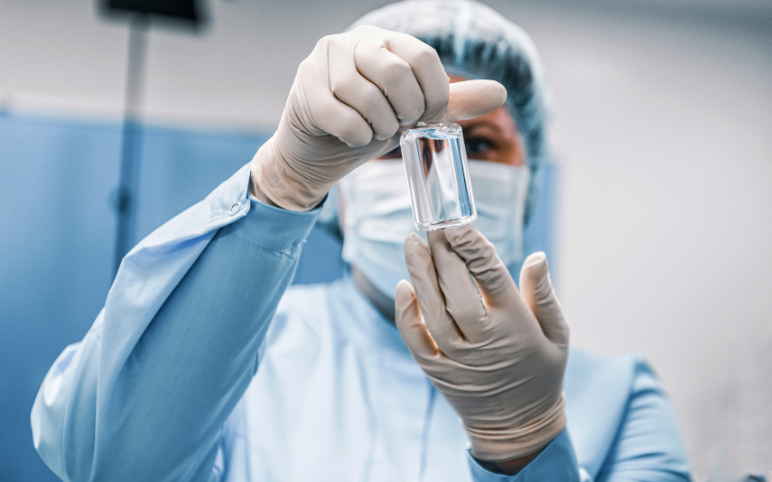Malaysia calls for phase 4 Dengvaxia study before considering full approval
Already struggling to meet initial expectations, Sanofi Pasteur’s dengue vaccine Dengvaxia will have to undergo phase 4 testing in Malaysia before the endemic country agrees to sign off on a full approval. Malaysia’s National Pharmaceutical Regulatory Agency’s Drug Control Authority, which conditionally approved the vaccine, said in a notice that if the study fails to verify the clinical benefit, DCA may withdraw Dengvaxia’s registration. The French vaccine maker will conduct the two-year trial jointly with the country’s Ministry of Health, aiming to further assess the vaccine’s effectiveness and safety. Before the readout, the vaccine will only be available to eligible trial volunteers 9 to 45 years old. It won’t be covered by Malaysia’s National Immunisation Programme, meaning that participants will need to pay to get vaccinated.
Bristol-Myers’ Opdivo racks up latest NICE rejection, this time in head and neck cancer
Bristol-Myers Squibb’s Opdivo hasn’t even won marketing approval for head and neck cancer in England and Wales yet, but their cost watchdog is already shutting it out. The National Institute for Health and Care Excellence on Tuesday introduced the latest in a series of setbacks for the BMS immuno-oncology hotshot: draft guidance that doesn’t recommend it as a head and neck cancer therapy. The med’s costs—£439 per 40-mg vial and £1,097 per 100-mg vial, less a confidential discount agreed to with Bristol-Myers—“were considered to be very high in relation to its benefit to be recommended for routine NHS use at present,” Carole Longson, director of NICE’s health technology evaluation center.
FDA issues another Mylan plant in India a warning letter
Less than two years after being given a warning letter by the FDA for problems at three plants it got in its buyout of a sterile injectables specialist Agila Specialties, another Mylan plant in India has been issued a warning letter for ongoing data integrity issues. In the warning letter, issued last week and posted by the FDA today, the agency said investigators continued to find issues with batch testing results disappearing from computers when failed tests were involved. The observations were based on an inspection of the finished pharmaceutical plant in Maharashtra, India. It noted that even though the facility invalidated 101 of 139 initial out-of-specification (OOS) assay results, about 72%, employees never thoroughly investigated to find the root cause of the issues and didn’t include them in the results reported to the agency.
Mexican regulator undermines Teva’s Rimsa fraud claims with ‘all clear’ memorandum
Teva contends that Mexican generics buy Rimsa sold defective, illegal products and lied about it, duping not only itself as buyer, but regulators and the public as well. But a new memorandum from Mexico’s drug watchdog doesn’t help its case. According to a March 13 document seen by The Times of Israel, Mexico’s Federal Commission for the Protection against Sanitary Risk (COFEPRIS) found no “unexpected adverse effects” among Rimsa’s 147 products and has located authorization for all of them within its archives. Sixteen COFEPRIS checks on Rimsa dating back to 2009 also failed to turn up any issues that could pose health risks, and the body found documentation provided by Rimsa to be “truthful and correct.” The conclusions don’t exactly support Teva’s legal claims that Rimsa withheld discrepancies between manufacturing processes and descriptions in product registrations filed with regulators.
Mission bags Fox Foundation grant for Parkinson’s program
Mission Therapeutics and the University of Oxford have landed a grant to fund testing of USP30 inhibitors. The Michael J. Fox Foundation for Parkinson’s Research (MJFF) is putting up the money to enable Mission to test its USP30 inhibitors in stem cell-derived Parkinson’s disease models. MJFF is funding the research in an attempt to validate USP30 as a target for the treatment of Parkinson’s. By inhibiting USP30 in malfunctioning mitochondria, the scientists stand to show whether the therapeutic approach may improve the operation of the organelles and neuron health. And there is an expectation this will enable the identification of biomarkers of USP30 that will prove useful in subsequent clinical development.



